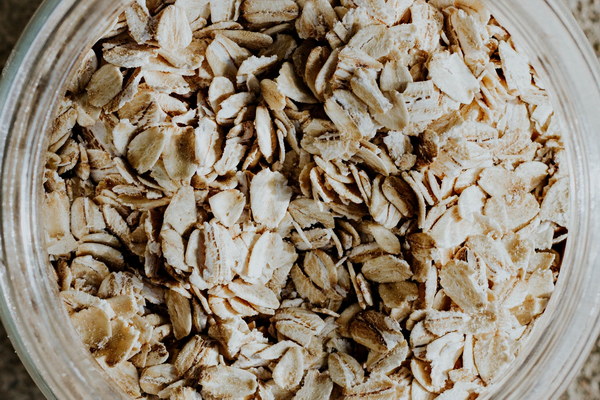Does Wukafa Tea Really Nourish the Kidneys
In recent years, the popularity of traditional Chinese medicine has surged, with many individuals seeking natural remedies for various health concerns. One such herbal tea, known as Wukafa tea, has gained attention for its potential benefits in nourishing the kidneys. But does it really work? Let's explore the claims and delve into the science behind Wukafa tea and its kidney-nourishing properties.
Wukafa tea, also known as black hair tea, is a traditional Chinese herbal tea made from the roots of the herb Polygonum multiflorum. This herb has been used in Chinese medicine for centuries, primarily for its supposed ability to nourish the kidneys, promote hair growth, and enhance longevity. The name black hair tea comes from its potential to help restore and maintain dark hair color.
The kidneys, according to Chinese medicine, play a crucial role in maintaining overall health. They are considered the root of vitality and are responsible for filtering waste products from the blood, producing urine, and regulating water balance in the body. When the kidneys are functioning optimally, one experiences good health, vitality, and longevity. However, various factors such as stress, poor diet, and environmental toxins can lead to kidney imbalance, leading to a range of health issues.
Proponents of Wukafa tea claim that it can help nourish the kidneys by providing essential nutrients and improving kidney function. They argue that the tea's active ingredients, such as polyphenols and flavonoids, can support kidney health, reduce inflammation, and improve blood flow to the kidneys. Additionally, some believe that the tea can help lower blood pressure and cholesterol levels, which are risk factors for kidney disease.
While the claims about Wukafa tea's kidney-nourishing properties may sound promising, it is essential to examine the scientific evidence supporting these claims. Several studies have been conducted to evaluate the potential health benefits of Wukafa tea, particularly in relation to kidney health.
One study published in the Journal of Ethnopharmacology investigated the effects of Wukafa tea on kidney function in rats. The researchers found that the tea improved renal function and protected the kidneys from oxidative stress. Another study, published in the Journal of Traditional Chinese Medicine, examined the potential anti-inflammatory and antioxidant effects of the tea. The study concluded that Wukafa tea possesses significant anti-inflammatory and antioxidant properties, which could contribute to its kidney-nourishing effects.

While the research on Wukafa tea is promising, it is important to note that most studies have been conducted on animals or in test tubes. More extensive research involving human subjects is needed to fully understand the benefits of Wukafa tea in improving kidney health.
Moreover, it is crucial to approach the use of herbal remedies like Wukafa tea with caution. While the tea may offer potential benefits, it is not a substitute for conventional medical treatment. Individuals with existing kidney conditions or those taking medication for kidney-related issues should consult their healthcare provider before incorporating Wukafa tea into their routine.
In conclusion, while there is some scientific evidence suggesting that Wukafa tea may offer kidney-nourishing benefits, more research is needed to fully understand its effects on human kidney health. If you are considering using Wukafa tea or any other herbal remedy, it is essential to consult with a healthcare professional to ensure that it is safe and appropriate for your specific health needs. As with any herbal tea or supplement, it is best to consume it in moderation and as part of a balanced diet and healthy lifestyle.









